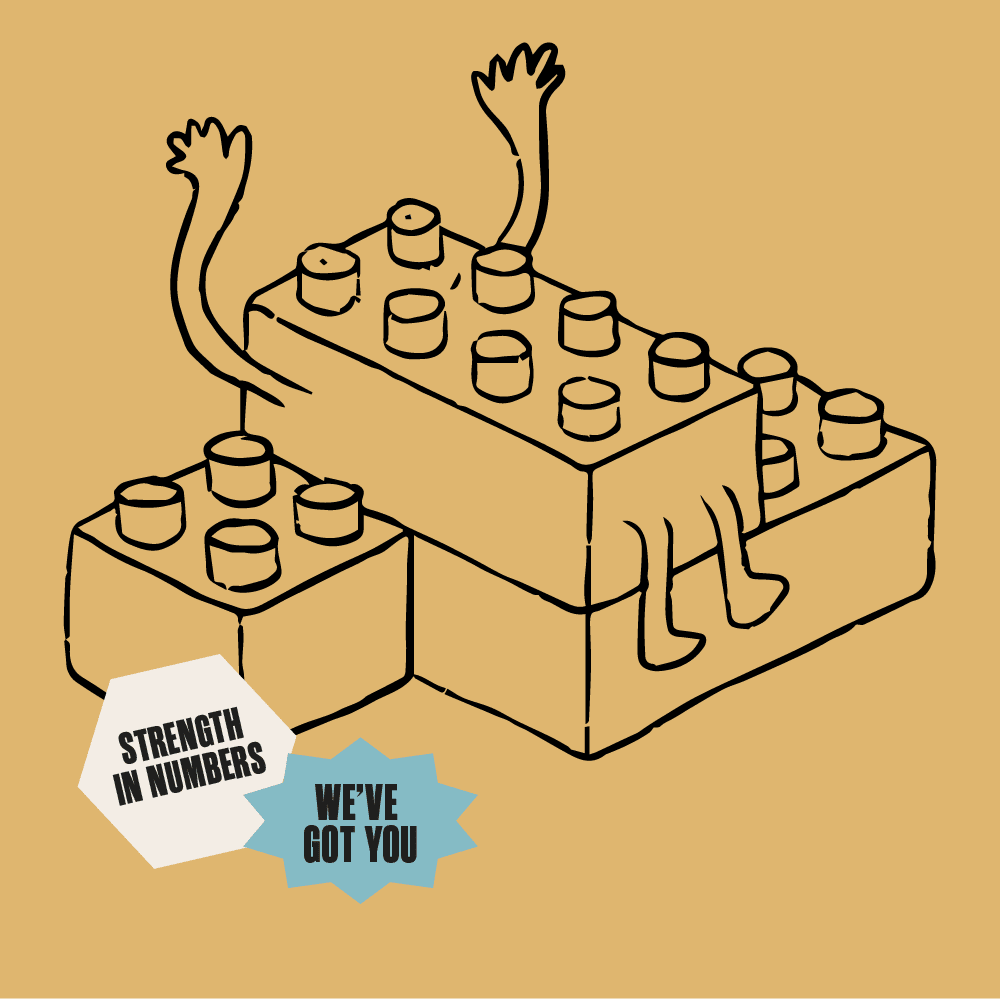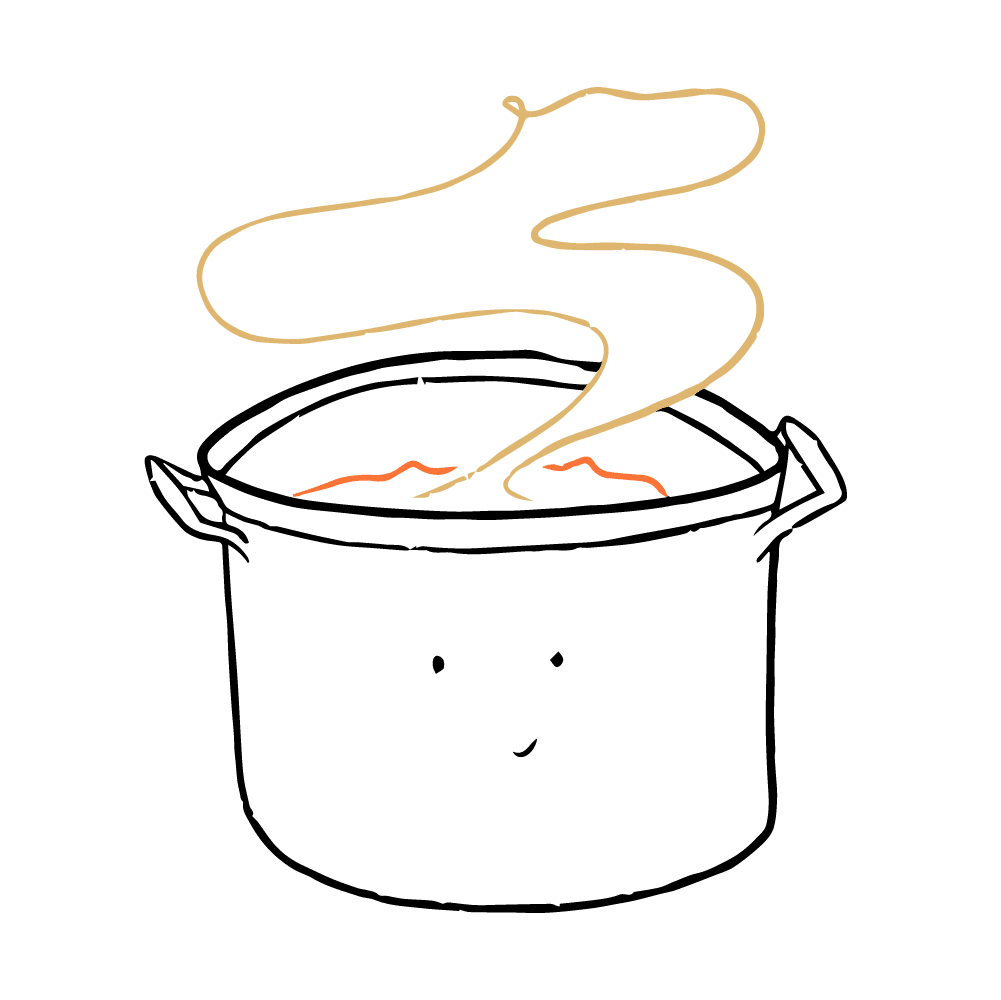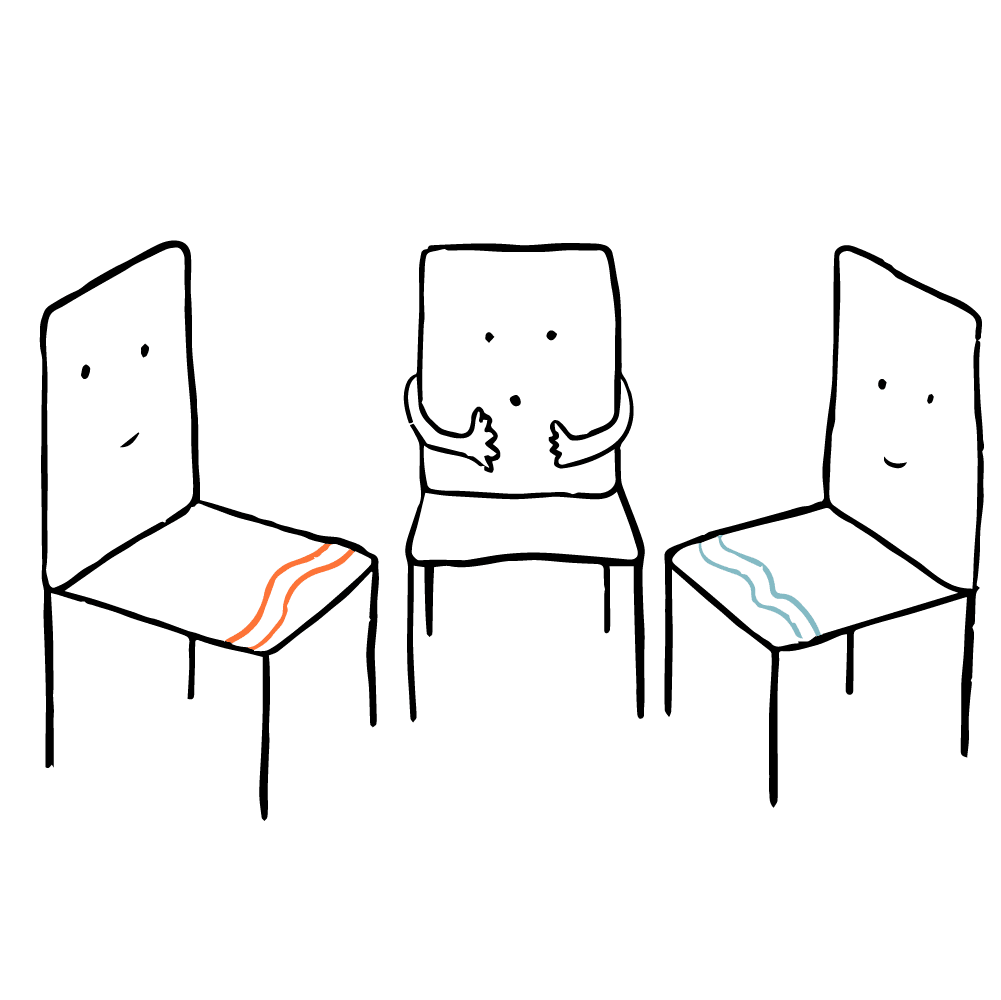How Can A Support System Help?
As soon as you or your loved one is diagnosed with cancer, the people around you start asking “How can I help?” It’s a nice sentiment, but it can feel overwhelming to find an answer when you’re trying to wrap your head around this new reality. It can also feel challenging to ask for help, especially if you’re an independent person.
By keeping a running list of things you need help with or ways you’d feel supported, you’ll have an answer ready without having to think about it. You can also email your list of needs to your loved ones and let them decide the ways in which they’ll show up. The most important thing is that you get the support you need so you can focus on dealing with cancer.




